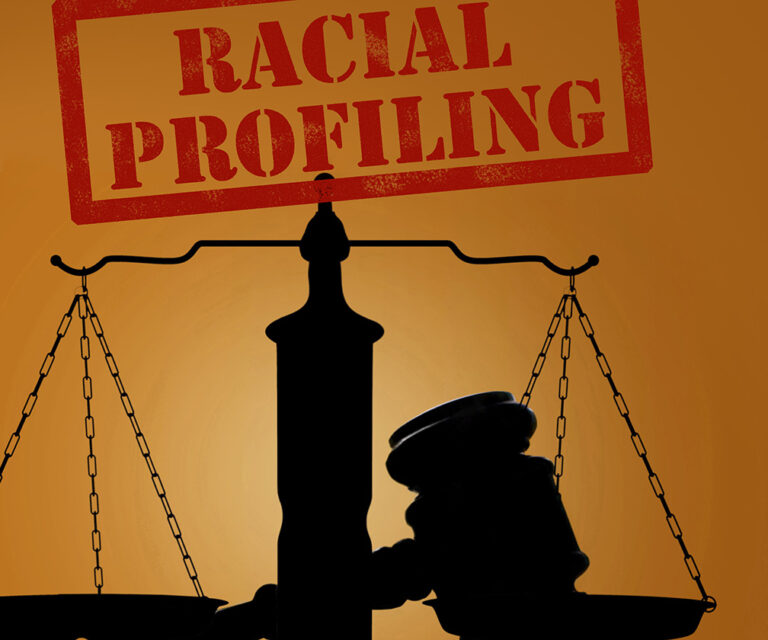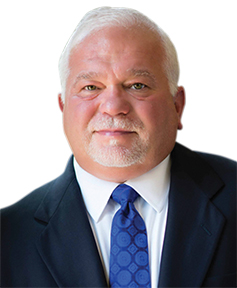If you’re anything like me, the phrase “defund the police” certainly gets your attention. It’s a hot button in society at the moment, and is at least one proposed way to reduce racial disparities in policing.
With that being said, I absolutely want everyone to be treated equally. I am not naive enough to think racial profiling does not exist.
In support of this statement, I point to a couple of studies that have been recently completed. The first was done in 2018 by Kelsey Shoub, who is currently an assistant professor at the University of South Carolina. In this study, she and her fellow researchers studied 20 million traffic stops occurring in North Carolina. The study showed Black drivers were 63% more likely to be pulled over than whites — while driving 16% less than white drivers. Moreover, black drivers were 115% more likely to be searched than white drivers, even though contraband was more often found on white drivers.
Fine, you say — but that was in North Carolina.
Well, in 2020 the Stanford Open Policing Project investigated 100 million traffic stops across the nation and found similar disparities to those noted in the North Carolina study. In addition, the study found Black drivers were less likely to be pulled over after sunset because the darkness masks race, which supports a claim of bias in decisions to pull someone over.
OK, I admit those are just studies, and as we all know, there are three types of lies: (1) lies; (2) damn lies; and (3) statistics. With that in mind, you are, of course, free to challenge the methodology of how the studies were conducted.
Fine. For whatever reasons, you don’t like the studies. Then how about this? John Whetsel, chair of the National Sheriff’s Association traffic safety committee admits that racial bias in policing is a problem. Whetsel is a 50-year veteran of police enforcement in Oklahoma. In fact, until recently he was the sheriff of the county in which I reside.
In light of the above, I think we can at least make an argument that racial bias in traffic stops could actually be a thing.
So, if it is a thing, what do you do about it? Here’s where it gets interesting.
In February of this year, in an attempt to reduce racial disparities in traffic stops, the Berkley, California, City Council voted to deprioritize traffic stops that were not related to public safety. This means things like not wearing a seatbelt or having an expired tag would not be a reason to pull someone over. Rigel Robinson, the council member who proposed the initiative, said the council was not trying to strip the police of the job of handing traffic stops; instead, they are simply trying to determine where the line is to combat the racial disparities.
The good folks of the Berkley City Council are not trying to prevent the enforcement of parking violations or expired tags. Instead, they think this should be done through a new group of unarmed civil servants within the city’s transportation division.
Well, our friend John Whetsel, of the National Sheriff’s Association, said, “To the mayor of Berkley and the city council, I would say you need to talk to the victim of a traffic crash before you do this, what I believe to be an idiotic move.”
Whetsel argues that without traffic stops, fatalities would increase and potential leads would slip through the cracks. By way of example, he points out that Timothy McVeigh, the person responsible for the Alfred P. Murrah Building bombing in Oklahoma City, was pulled over and subsequently arrested for a missing license tag.
In addition, Whetsel makes the point that “most criminals drive to and from work. If it’s a burglary or a bank robbery or a homicide, they’re generally not going to walk to and from the scene.”
I gotta be honest with you. Whetsel makes valid points, and common sense supports what he’s saying. While racial profiling may exist, the movement to deprioritize certain traffic violations is not the way to fix the situation. Too many criminals are apprehended because of ordinary traffic violations to deprioritize the traffic stop.
Of course, I don’t know the answer to solving this problem. Whetsel, while admitting the problem exists, believes it can be fixed through training. He may be right. Before we “throw the baby out with the bathwater,” so to speak, let’s start with that. Better training on these issues — and more accountability — seems to be the best place to start.
Brad Klepper is president of Interstate Trucker Ltd. and is also president of Driver’s Legal Plan, which allows member drivers access to services at discounted rates. For more information, contact him at (800) 333-DRIVE (3748) or interstatetrucker.com and driverslegalplan.com.
Brad Klepper is a regular contributor to The Trucker, providing valuable information for drivers and motor carriers. He is also president of Interstate Trucker Ltd., a law firm entirely dedicated to legal defense of the nation’s commercial drivers. Brad is also president of Driver’s Legal Plan, which allows member drivers access to his firm’s services at discounted rates.












